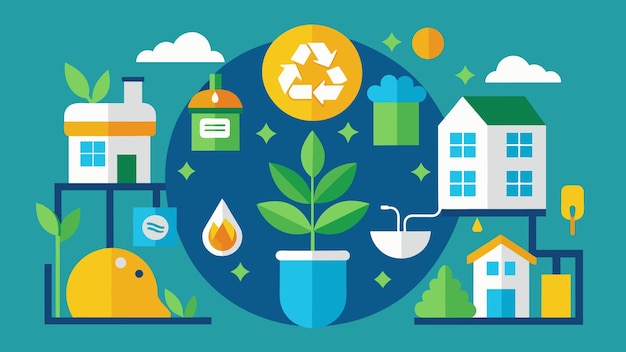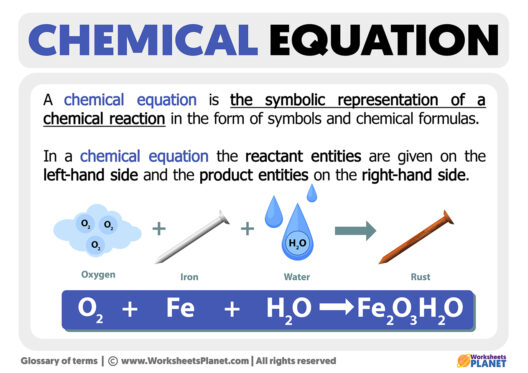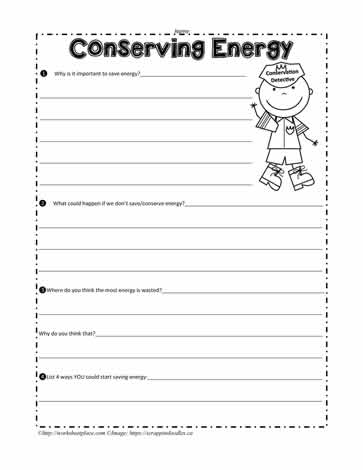Energy conservation is not merely a lofty ideal; it is a practical necessity in our everyday lives. The reality is that small, intentional changes in our daily habits can accumulate to significant impacts on our environment and natural resources. So, have you ever pondered how simple acts can transform your energy consumption? What if you took on the challenge to alter just one habit each week aimed at conserving energy? Let’s delve into some effective strategies that can reshape our daily routines and facilitate meaningful environmental stewardship.
To start, consider the way you use electricity within your home. The modern household often consumes an exorbitant amount of energy, primarily due to inefficient habits. For instance, have you ever left lights on in unoccupied rooms? This common oversight can easily be mitigated by making it a habit to turn off lights whenever you leave a space. This simple act not only preserves energy but also prolongs the lifespan of your light bulbs. Additionally, you might consider employing energy-efficient LED bulbs. These bulbs consume significantly less energy and last up to 25 times longer than traditional incandescent bulbs, yielding both long-term savings and substantial energy reductions.
Another pivotal area for energy conservation is heating and cooling. The thermostat is an everyday fixture that can become a substantial source of energy waste if not managed wisely. Lowering your thermostat by just a couple of degrees during the winter and raising it slightly during the summer can lead to noticeable savings on your energy bill. For those who appreciate the harmony of temperature, utilizing programmable thermostats can significantly enhance home comfort while optimizing energy usage. Such devices adapt to your daily routines, ensuring that your home is heated or cooled only when necessary.
Now, let us pivot to a practice that is becoming increasingly crucial in our energy consumption narrative: the use of appliances. Appliances are integral to our daily operations but can also contribute to substantial energy waste. Opting for energy-efficient models can dramatically reduce energy use. The ENERGY STAR label is a valuable identifier that can guide consumers towards more sustainable appliance choices. Additionally, employing mindful practices, such as running full loads in dishwashers and washing machines and using cold water, can further curtail unnecessary energy consumption.
In the realm of water usage, energy conservation reveals itself in surprisingly simple forms. Heating water accounts for a considerable portion of household energy use. Therefore, adopting practices that reduce hot water usage is paramount. Showers tend to use less water than baths; thus, if you’re one for long soaks, you might want to reconsider. Installing low-flow showerheads can greatly minimize water usage, translating not only to lower water bills but also to diminished energy consumption as less energy is required to heat the water.
Moreover, let’s think about how we cook. Cooking methods can vary significantly in their energy efficiency. For example, using a microwave instead of an oven can save substantial amounts of energy. Where possible, consider preparing meals in batch. This practice not only saves time but also reduces the frequency with which you utilize energy-consuming appliances. Additionally, keeping your oven door shut while cooking retains heat and improves efficiency, so resist the temptation to check your meal too often!
Reducing waste is intrinsically linked to energy conservation. When we think about waste, we must also consider that energy is expended at various stages of production, transportation, and disposal. Embracing a zero-waste philosophy encourages you to rethink all disposables. Practicing mindful consumption by reducing single-use plastics, composting organic waste, and recycling can diminish the energy required for manufacturing, processing, and waste management. This holistic approach not only benefits the environment but actively minimizes your personal energy footprint.
Transportation is another critical sector in our energy conservation efforts. Shifting your mindset about how you commute can lead to significant changes. By walking or biking for short distances, using public transit, or carpooling, you decrease your reliance on traditional fuel consumption. Additionally, if you have the option, consider investing in an electric or hybrid vehicle, which can further reduce your dependence on fossil fuels. Perhaps the real challenge lies in envisioning alternative modes of transportation for your daily commutes.
Integrating sustainable habits at work is equally essential. Energy conservation isn’t just a home-centric endeavor—it encompasses our professional lives as well. Encouraging your workplace to adopt energy-saving practices, such as turning off equipment at the end of the day and utilizing natural light, can create a larger impact than you might anticipate. You could champion initiatives like “Energy Awareness Days” in your workplace, where colleagues engage in discussions and share tips on improving energy efficiency.
Finally, it’s important to instill these energy-efficient habits in future generations. Leading by example and educating children and young adults about energy conservation can create a cultural shift towards sustainability. Organizing community events that focus on environmental awareness will not only gather input but mobilize collective action. You might even consider a challenge—what if your family or friends committed to one new energy-saving habit each month? Such initiatives could bring communities together while actively contributing to a more sustainable future.
Every small step towards energy conservation counts. From adjusting your thermostat to changing how you commute, these simple yet profound adaptations can considerably shrink your carbon footprint and inspire others around you to do the same. So, the next time you’re about to flick a switch, ask yourself: is this change necessary? Begin this journey of energy conservation today, and challenge yourself and those around you to commit to our planet’s well-being through actionable, daily habits.








